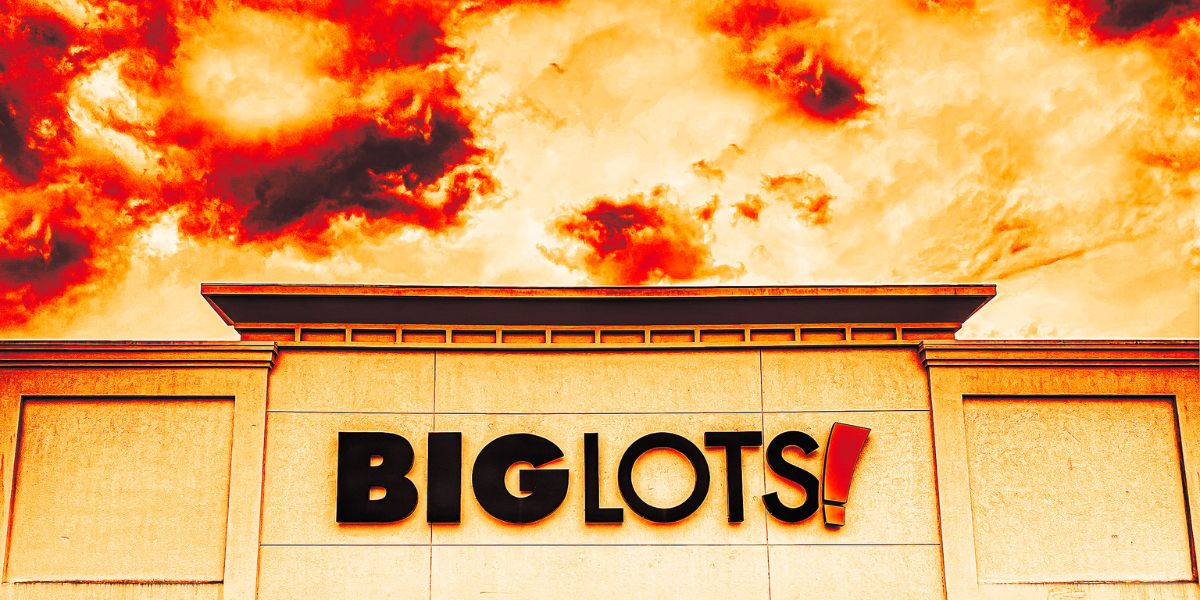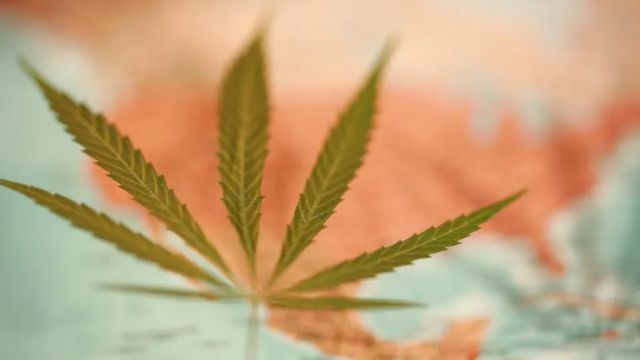Arkansas is one of the states that has legalized marijuana use for medical purposes only—not for recreational use. However, some people in the state continue to use cannabis for non-medical purposes.
The University of Arkansas is located in Fayetteville, the third-largest city in Arkansas, which has the highest rate of marijuana use disorder in the nation (5.6%), per a recent report from the Substance Abuse and Mental Health Services Administration (SAMHSA). This means that more than one in twenty citizens of Fayetteville deal with issues associated with cannabis usage, which is higher than the percentages in other major cities such as San Francisco (4.8%) and Denver (4.6%).
The Cannabis Consumption Epicenter
There are a number of reasons why Fayetteville is known as the marijuana consumption center of the United States. The availability of medical marijuana is a key element. More than 40 regulated shops have opened in Arkansas since marijuana became legal there in 2016, and the state now has over 80,000 patients registered in the program. Just in the city limits of Fayetteville, there are four dispensaries, and there are several more in the neighboring areas.
The fact that cannabis is widely accepted in the social and cultural context of the city is another aspect. Fayetteville, which is well-known for its progressive community and thriving arts and music scene, is home to occasions that honor cannabis culture, such as the yearly Hemp Fest and the 420 Rally. Moreover, the University of Arkansas, home to more than 27,000 students, has a reputation for being a party institution that encourages the acceptance of cannabis.
Lax enforcement of the law and light fines for recreational use are two other factors contributing to increased usage. Despite the fact that non-medical marijuana use is illegal in Arkansas, the consequences are not severe. For example, less than four ounces is considered a misdemeanor, punishable by up to a year in jail and a $2,500 fine. However, a lot of Arkansas’s law enforcement agencies and prosecutors take a more forgiving stance, choosing instead to use warnings, diversion programs, or reduced charges.
Implications and Prospects for the Future
There are advantages and disadvantages to Fayetteville’s high marijuana usage rates. Proponents of cannabis believe that marijuana has medical, economic, and social benefits, including the ability to heal a variety of illnesses and increase tax income. Opponents, on the other hand, draw attention to the hazards associated with health, law, and the environment, such as reduced cognitive function, addiction, and the use of environmental resources.
Marijuana’s future in Arkansas is still up in the air due to continuous discussions and campaigns aimed at making recreational use of the drug legal. A ballot initiative that would allow adults 21 years of age and older to own, cultivate, and purchase marijuana for personal use is being pushed by supporters. On the other hand, opponents point to the expenses and possible risks of legalization. The public’s view, the political environment, and any prospective legal challenges will determine how this matter is resolved.
In Summary
The city of Fayetteville has the highest prevalence of marijuana usage in Arkansas due to a number of reasons, including societal acceptance, ease of access to medical marijuana, and lax enforcement of its recreational use. The effects of heavy cannabis use differ according on viewpoints and data. With divergent opinions and initiatives about the legalization of recreational use, the future of marijuana in Arkansas is still up in the air.



